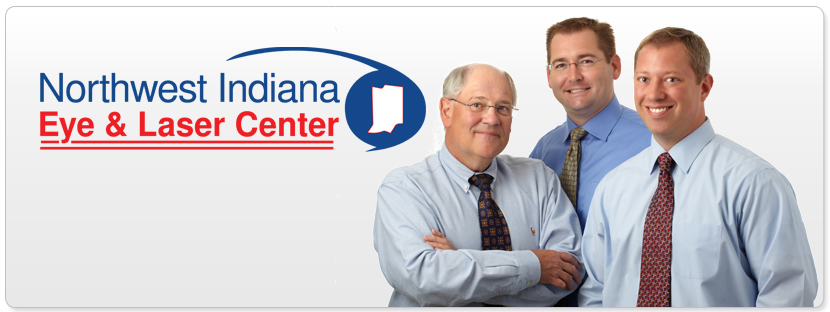Northwest Indiana Eye & Laser
Center eye doctor Scott Buck, M.D., commented that patients
may wonder what eye exams could possibly have to do with your risk of colon
cancer. As it turns out-plenty! The retinal pigmented
epithelium (RPE) is a layer of the retina which can sometimes be thicker than
normal at birth-or “hypertrophic”. Congenital Retinal Pigment Epithelial
Hypertrophy (CHRPE) is usually found before patients reach 30 years of age and
although they may enlarge with time they usually do not lead to malignancies
like colon cancer. “During regular eye
exams when we find these areas of retinal pigmented epithelial hypertrophy typically
they do not cause any vision problems or symptoms and are pretty unremarkable,”
commented Dr. Buck.
However,
there is an association between people with Gardner's Syndrome-Familial Colonic
Polyposes-or polyps of the colon, and CHRPE. “If your eye doctor has told you
that you have Congenital Retinal Pigment Epithelial Hypertrophy-perhaps called
“Bear Tracks” or “Pigment Spots” or “Retina Freckles”, it is important to
carefully explore and review your family history reasonable with a
Gastroenterologist who will likely schedule you for a colonoscopy,” said Dr.
Buck. It may be that the freckles are caused by the same genetic
mutation that produces the polyps. A study published in 2010 in the American
Journal of Gastroenterology concluded that patients with such freckles
should be referred for colonoscopies.
Thus-when we are over 50 years of
age, the reasons to have yearly eye exams includes not only detecting
cataracts, glaucoma, age related macular degeneration (AMD) and other eye
diseases, but regular eye examinations may very well be a reminder to be
screened via colonoscopy to help detect early risks and potential indicators of
colon cancer. To schedule an eye exam please call Northwest Indiana Eye &
Laser Center at 219-464-8223,
or visit Northwest Indiana
Eye & Laser Center
or facebook.com/nwindianaeyeandlaser.
Northwest Indiana Eye & Laser Center in Valparaiso,
IN is staffed by a team of Ophthalmologists,
Optometrists, Opticians, technical and administrative staff who provide eye
examinations for adults and children, cataract
surgery and intraocular lens implants (IOL), laser
vision correction such as LASIK, diagnosis and
treatment of diseases of the retina including diabetes and age related macular
degeneration and diagnosis and treatment of glaucoma as well as contact lenses,
eyeglasses, eyewear and optical services. We are conveniently
located for patients seeking eye care from throughout northern Indiana
including La Porte, Mishawaka, South Bend, Michigan City, Crown Point,
Merrillville, Chesterton, South Haven, Westville, Hebron, Lowell, Valparaiso
and Walkerton as well as Chicago, Illinois suburban areas of Frankfurt, Calumet
City, Monee and Crete.

